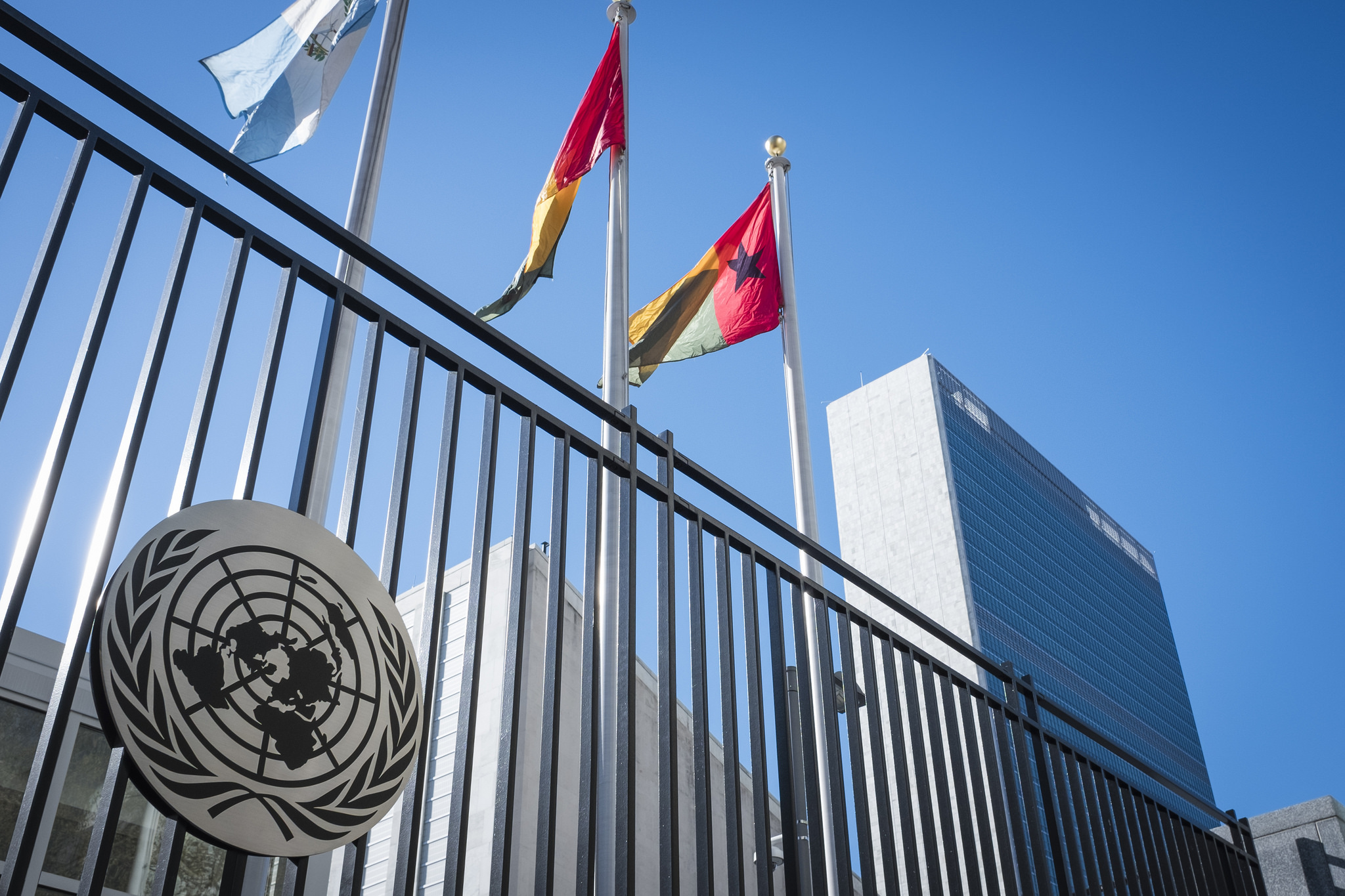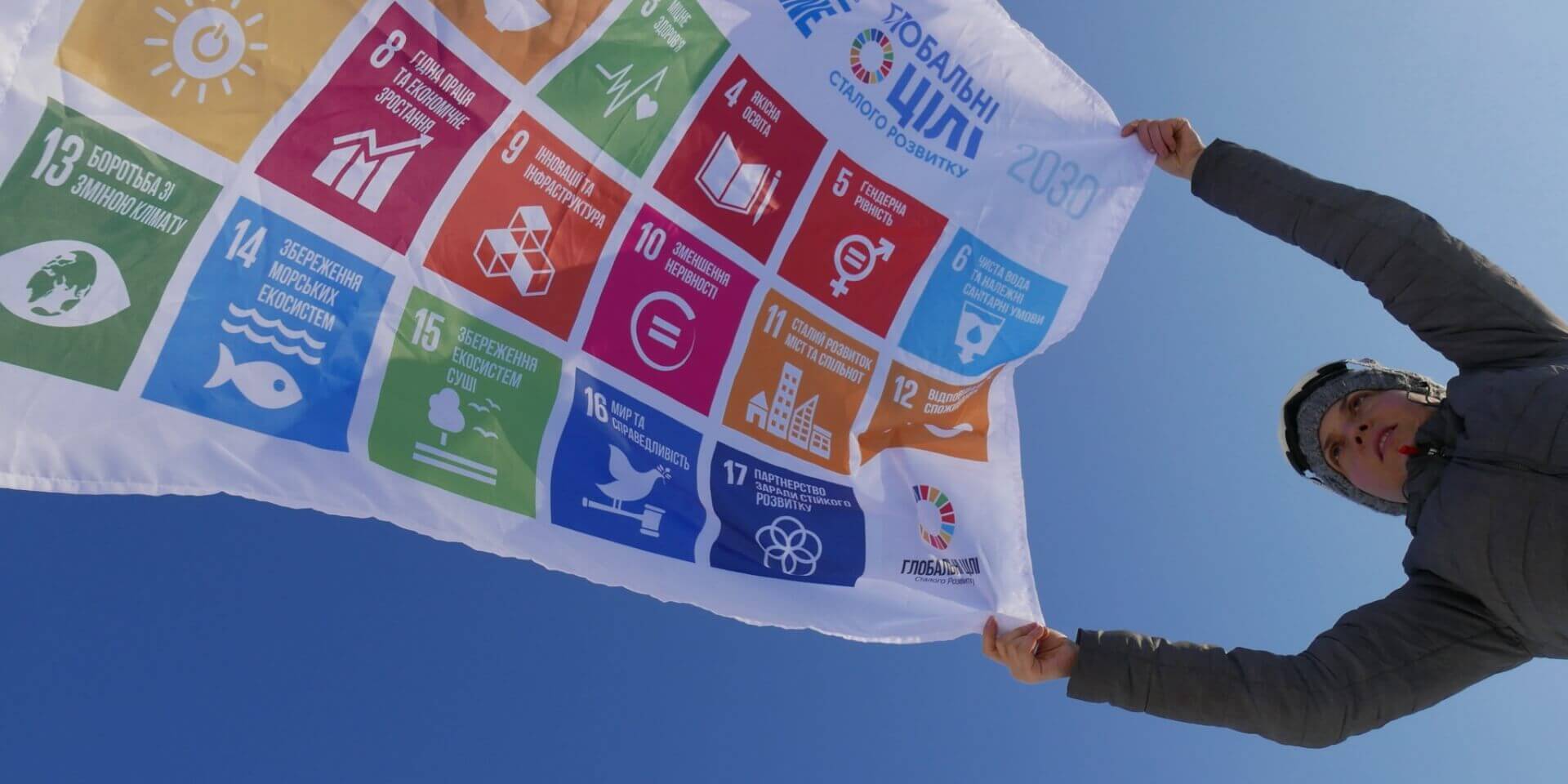The Council’s ambition is to become the go-to organization for scientific expertise and advice at the global level. The ISC strategy in the intergovernmental system report examines this objective and makes recommendations to the ISC on its strategy.
Much of the ISC’s work on science for policy takes place at the international level, through these three pillars:
1. Science and Technology Major Group
The ISC, together with the World Federation of Engineering Organizations (WFEO), is a co-organizing partner of the Scientific and Technological Community Major Group at the United Nations. In this role, we secure a mandate for science at the UN and integrate science in major global policy processes, such as the implementation and monitoring of the 2030 Agenda.

2. Group of Friends
The Group of Friends to champion Science for Action is a coalition of countries supporting science and actionable knowledge is being set up to provide an important and complementary impetus to ongoing efforts to build a stronger role of science in decision-making at the global level led by Belgium, India and South Africa.

3. Partnerships
The ISC has established memoranda of understanding with several elements and bodies of the United Nations:
- Food and Agriculture Organization (FAO)
- United Nations Development Programme (UNDP)
- United Nations Office for Disaster Risk Reduction (UNDRR)
- United Nations Environment Programme (UNEP)
- UNESCO’s Intergovernmental Oceanographic Commission (IOC)
- United Nations Human Settlement Programme (UN Habitat)
- United Nations University (UNU)
- World Health Organization (WHO)
In addition, the Council collaborates actively with:
- Intergovernmental Science-Policy Platform on Biodiversity and Ecosystem Services (IPBES)
- Intergovernmental Panel on Climate Change (IPCC)
- International Telecommunication Union (ITU)
- United Nations Department of Economic and Social Affairs (UN DESA)
- United Nations Educational, Scientific and Cultural Organization (UNESCO)
- United Nations Economic Commission for Europe (UNECE)
- World Intellectual Property Organization (WIPO)
- World Meteorological Organization (WMO)

